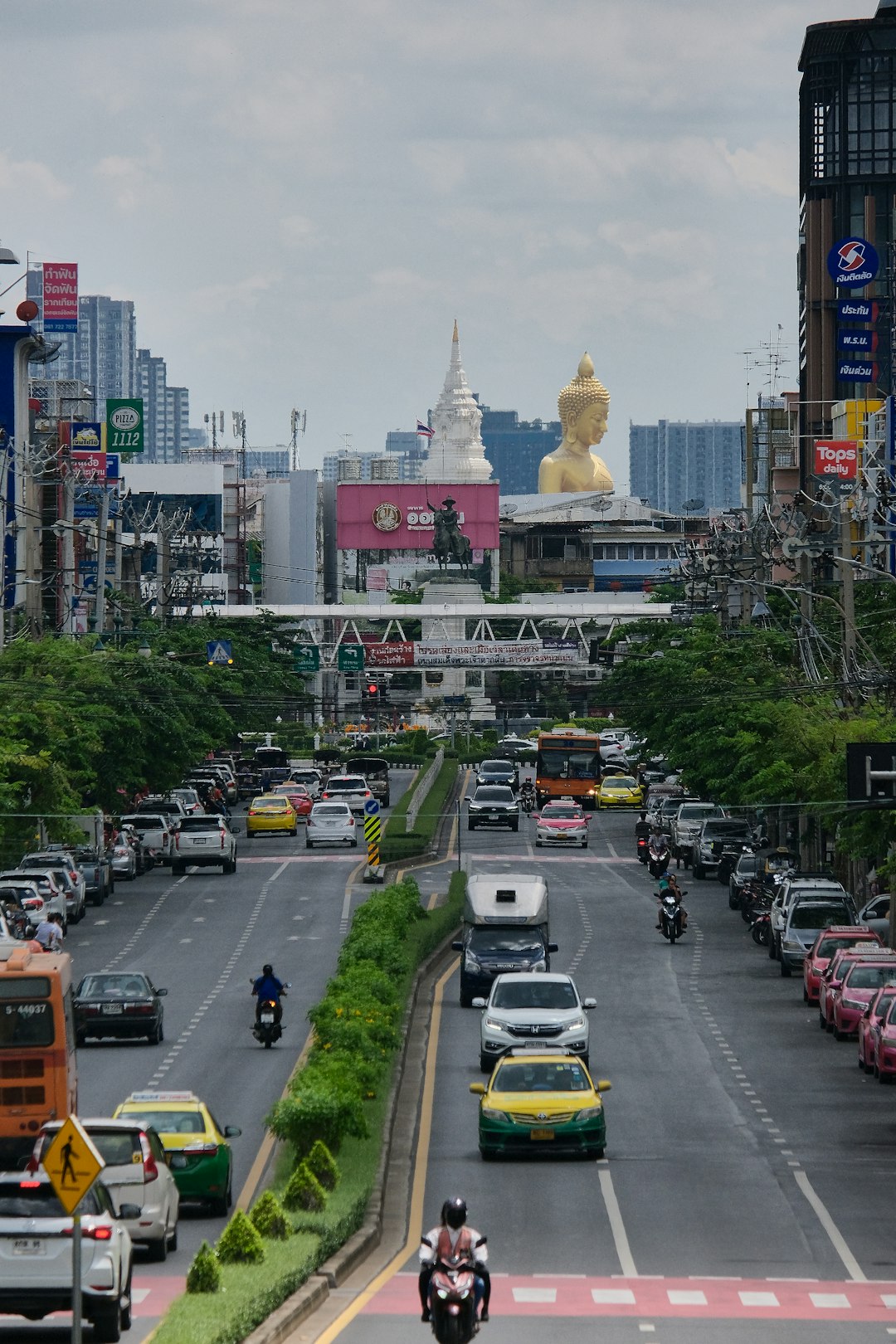Thailand’s Central Bank at a Crossroads: The Weight Behind the Shortlist
Thailand is gearing up for a generational economic pivot, and the recent shortlisting of two candidates for the next central bank chief is anything but routine. At stake are not just monetary policies, but the very direction of the country’s financial stability and capacity for future growth. This selection process—often overlooked outside financial circles—demands attention for its potential ripple effects across markets, society, and politics.
The Stakes: Leadership Amid Uncertain Times
The Bank of Thailand faces formidable challenges:
- Inflation volatility, currency fluctuations, and a delicate post-pandemic recovery threaten its current footing.
- Geopolitical pressures, including rising US-China tensions, place new demands on economic resilience and international financial relations.
- Thailand’s aging population and persistent income inequality raise questions about inclusive growth and sustainable development.
Strong leadership at the central bank is not optional—it is foundational. The choice between candidates will set the tone for:
- How assertively monetary policy leans toward supporting government fiscal expansion.
- The balance struck between stimulating growth and maintaining economic discipline.
Who’s in the Running?
While the shortlist is confidential as of this writing, previous appointments suggest candidates are likely drawn from high-ranking technocrats inside—or just outside—the central bank. Potential profiles often include:
- Veteran insiders: Long-serving central bankers who embody continuity and caution, emphasizing monetary stability.
- Reform-minded outsiders: Academics or former ministers who may prioritize innovation and economic transformation.
| Candidate Profile | Key Advantage | Main Concern |
|---|---|---|
| Veteran Insider | Institutional experience, policy continuity | Risk of being too conservative or slow to innovate |
| Reform-minded Outsider | Fresh ideas, reform agenda | Potential frictions with entrenched interests |
The Broader Context
Why does this matter beyond Thailand’s borders?
- The Thai baht is a bellwether for emerging-market currencies in Southeast Asia. Investors watch central bank signals closely.
- Tourism, exports, and cross-border investment hinge on perceptions of policy stability and effectiveness.
To illustrate, consider Thailand’s 1997 financial crisis. Weak central bank oversight contributed to contagion across Asia—a stark reminder that central bank leadership choices resonate well beyond a country's borders.
Societal Impacts and Dilemmas
Public debate often centers on the central bank’s stance towards:
- Inflation control: Essential to shield lower-income Thais, but higher interest rates can stifle small businesses.
- Digital innovation: The next chief’s attitude toward fintech could either accelerate financial inclusion or see Thailand lag regional peers.
“A central bank governor is not just a banker. In many ways, they’re an architect of public confidence and stability.”
— Thai economic commentator, 2024
Looking Forward
The next governor’s approach can either cement or undermine hard-won trust in Thailand’s economic management. Will the panel choose a steady hand, or a bold reformer prepared to navigate the country through turbulent international waters? The answer is poised to echo across currency markets, inflation debates, and the everyday lives of millions of Thais.
This article was inspired by the headline: 'Thai panel shortlists two candidates for next central bank chief - TradingView'.

Comments
No comments yet. Be the first to comment!